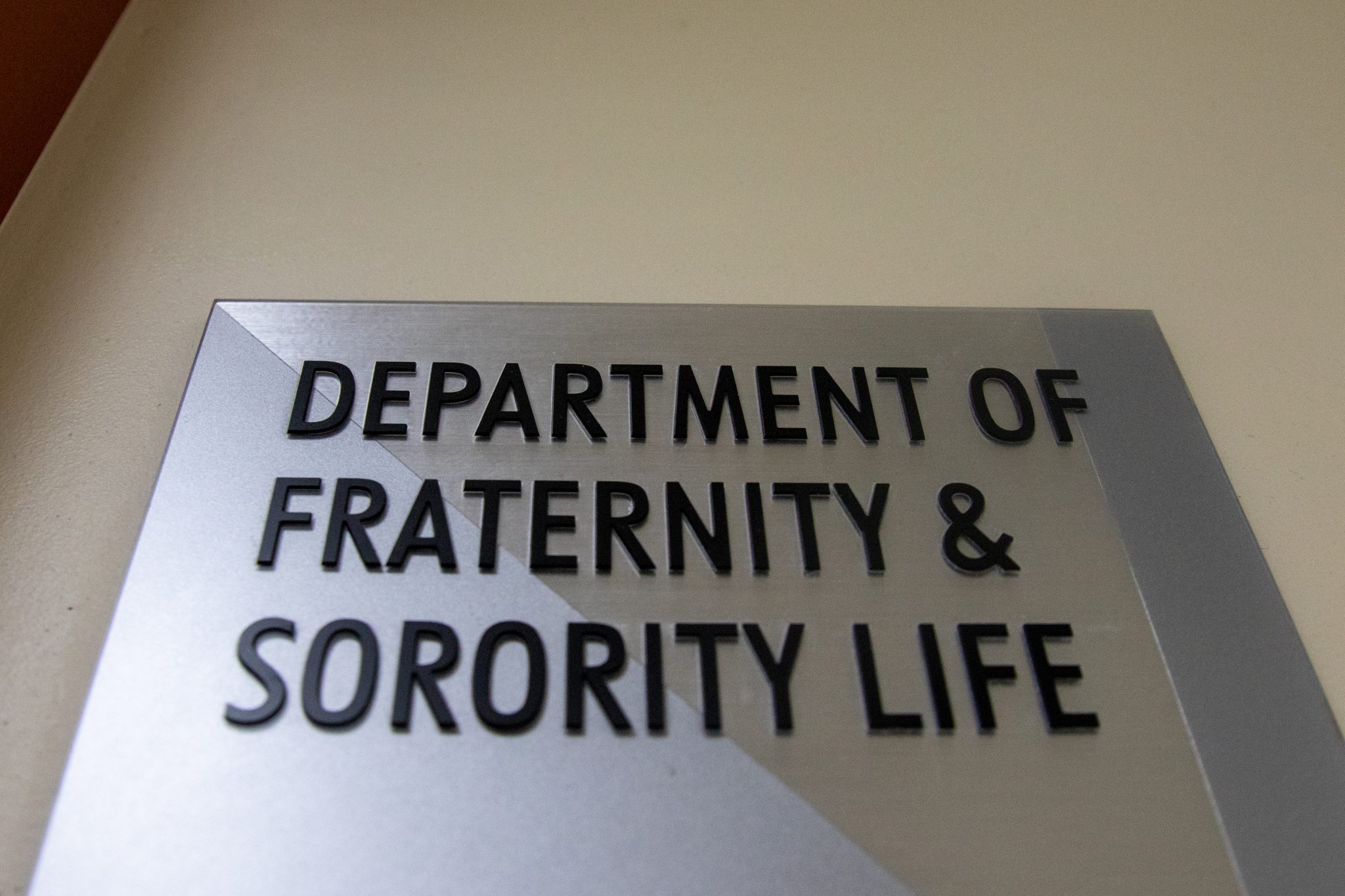The University of Maryland released a report Wednesday with recommendations to improve fraternity and sorority life on campus.
The report was part of the Fraternity and Sorority Transformation Initiative, which was launched after this university temporarily paused some Interfraternity Council and Panhellenic Association activities last spring after allegations of hazing.
The report contained a list of recommendations created by three working groups: one for this university’s National Pan-Hellenic Council, one for both this university’s IFC and PHA and one for this university’s Multicultural Greek Council.
[Federal judge dismisses fraternities’ lawsuit against UMD about Greek Life suspension]
“Their integrated report offers a roadmap for a stronger, more unified future across all four councils and 58 chapters,” this university wrote in a statement to The Diamondback Wednesday evening.
Each of the working groups, which are composed of students, alumni and staff, were tasked with assessing the state of its organization and chapters and offering recommendations to strengthen staff, educational programs and policies.
The working groups offered nine calls to action to all four organizations in the report, including:
- Requesting clear communication and transparency regarding staffing, role descriptions, policy procedures and support.
- Hiring professionals to this university’s Department of Fraternity and Sorority Life who are dedicated to the success of their respective organizations.
- Strengthening strategic partnerships with this university’s offices and stakeholders, such as volunteers, graduate students and alumni.
- Establishing consistent internal communication through newsletters, websites and regularly scheduled meetings.
- Enhancing data collections and analyses about student success, service hours and recruitment and retention metrics.
- Collaborating with stakeholders to educate members and develop accountability methods.
- Evaluating the functionality and sustainability of university-owned housing.
- Promoting engagement with increased leadership training and incentive-based funding.
- Creating extensive marketing and outreach strategies to improve accessibility and highlight experiences of students involved in Greek life.
Specific recommendations for NPHC include inclusive training and collaboration in the form of “cultural competency training” for this university’s Department of Fraternity and Sorority Life staff, fostering international partnerships and reimagining diversity training requirements.
The report suggested that updating this university’s hazing-related policies and procedures, requiring hazing prevention education plans with “consequences for noncompliance” and improving transparency in violation reporting could help prevent hazing in IFC and PHA chapters.
These recommendations come more than a year after this university placed a cease and desist order on all IFC and PHA chapters last March following a notice of several chapters conducting activities that posed threats to community members’ safety, The Diamondback reported last March.
[UMD community members promote students’ civil rights at event discussing Greek life]
This university placed a two-week suspension on all new member activities for the organizations, along with a pause on alcohol use at social events.
During the two-week pause on activities, this university investigated student safety in IFC and PHA organizations, according to Wednesday’s report. The investigation resulted in five IFC fraternities facing student conduct charges based on “credible evidence of hazing,” the report read.
Four IFC fraternities filed a lawsuit against this university on March 13, 2024, alleging that the university violated free speech rights, The Diamondback reported last April. A federal judge dismissed the case last month.
According to the report, this university’s Department of Fraternity and Sorority Life will execute the report’s recommendations by conducting meetings solely focusing on implementation.
An implementation advisory team will also be created with members of different campus offices including the Stamp Student Organization Resource Center, the Department of Resident Life and the student conduct office.
This university looks forward to exploring the working groups’ recommendations, according to the statement.
“Through shared responsibility, collective effort, and sustained support, we remain committed to fostering a strong and sustainable future where all chapters and councils can thrive individually and collectively,” the statement read.



